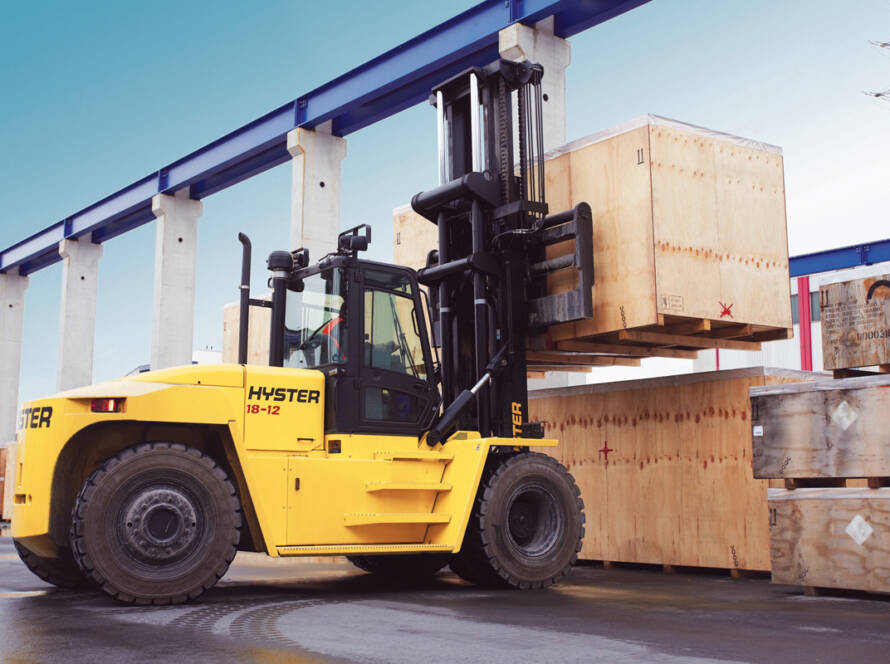What is CPCS
CPCS or the Construction Plant Competency Scheme is a plant-based accreditation that tests a delegates knowledge and competency on the machine of choice.
This accreditation uses a 2-card scheme to confirm levels of competency and training. The Red Trained Operator card is the first card in the scheme which expires after a 2 year period which can then be upgraded with the NVQ. The Red Trained Operator card can be achieved by passing the theory and practical test at our centre in Burscough. Once you pass these tests you will receive the card and be free to operate the plant machinery that you have achieved.
This card can be upgraded using the NVQ which will change your Red Trained Operator card into a Blue Competent Operator card. This card lasts a further 5-years and can be renewed easily with a renewal test and a validated log book with 300 operator hours.
CPCS is probably the most widely accepted card scheme on construction sites, as contractors will almost never turn someone away because of having a CPCS card. This is mainly down to it originally being run by CITB, which is the training board for the entirety of the UK. CPCS is now being run by NOCN which is another major awarding body that works on a global scale.
What is NPORS
The National Plant Operators Registration Scheme, is a plant-based accreditation like CPCS, consists of a similar card scheme with a few exceptions. This awarding body has 3 cards, the “Traditional NPORS card”, the “Red Trained Operator card” and the “Blue Competent Operator card”.
NPORS works like CPCS with the red card and the blue card as you undertake similar tests. The main differences come from the cost, the testing and the traditional card that they offer.
Starting with the cost of the NPORS training and testing. NPORS, tends to be the cheaper option compared to CPCS as the training and testing can be held on your own site, provided the area is adequate. This can help to cut down on travel costs, equipment hire. Costs can also be cut from the training provider’s side, as they don’t have to use their own training area which means they can offset the cost benefits to you!
The testing with NPORS also differs from CPCS slightly, especially in the theory testing area. The theory test consists of fewer questions than CPCS which may work in your favour if you’re stronger on the practical side of operating plant machinery.
Finally, the traditional card offered by NPORS. This card is not as accepted as the newer cards that they offer as they don’t have the CSCS logo on. Construction sites like to see that the card is recognised by CSCS, so they prefer that operators have CPCS or the new NPORS cards with the CSCS logo. This isn’t to say that the card is useless by any means. If you are operating on a private site that only requires a card to prove that you can operate for insurance or safety purposes, they may well accept this card.
If you’re interested in learning more about NPORS. Take a look and see if NPORS is the best option for you.
Which is better?
Well, that’s not for us to say but there are a number of benefits to both of the card schemes. If you’re considering working on large contractor’s sites then CPCS may be the option for you, however many of the larger contractors are now accepting the NPORS card. If you already have a job lined up or you’re considering upskilling on your site, then it’s probably best to ask your company if NPORS or CPCS are accepted before making your decision.
Browse our course calendar and book your next CPCS or NPORS course.



